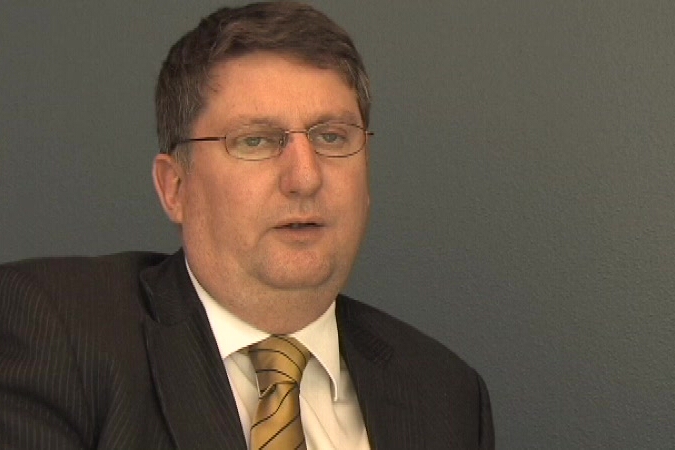3.8.4 Data: How Much and At What Cost?
There is almost an unlimited amount of data that can be collected on assets. Clearly, it is neither possible nor cost-effective to collect every piece of data that could be collected on an asset. How much data and what type of data to collect on the assets should be determined based on a consideration of the following:
One of the first steps in the process should be to decide what data will be useful to everyone within the utility, how it will be used, how much it would cost (time and other resources) to collect the data, what the quality needs to be, how easy it would be to collect the data, when the data would be collected and how it would be maintained in the future. This type of discussion should include all levels of the organization from operators to elected officials. The goal should be to collect the data that will be beneficial in asset operation and maintenance and in making management decisions and no more or less data than that. If the data is used, it is more likely to be collected in a high quality manner. If the data is not used by anyone, it is unlikely to be kept up over time or it may not be put in the inventory at a high quality.
The amount of data collected can be adjusted over time if the utility determines that another type of data is needed for operations or decision-making, or if it is determined that some of the collected data is not useful.
There is almost an unlimited amount of data that can be collected on assets. Clearly, it is neither possible nor cost-effective to collect every piece of data that could be collected on an asset. How much data and what type of data to collect on the assets should be determined based on a consideration of the following:
- How will the data be used?
- What data is important to upper management/elected officials?
- What resources are available to collect the data?
- Can the level of data be kept up over time?
- Can the accuracy and quality of the data be ensured?
One of the first steps in the process should be to decide what data will be useful to everyone within the utility, how it will be used, how much it would cost (time and other resources) to collect the data, what the quality needs to be, how easy it would be to collect the data, when the data would be collected and how it would be maintained in the future. This type of discussion should include all levels of the organization from operators to elected officials. The goal should be to collect the data that will be beneficial in asset operation and maintenance and in making management decisions and no more or less data than that. If the data is used, it is more likely to be collected in a high quality manner. If the data is not used by anyone, it is unlikely to be kept up over time or it may not be put in the inventory at a high quality.



